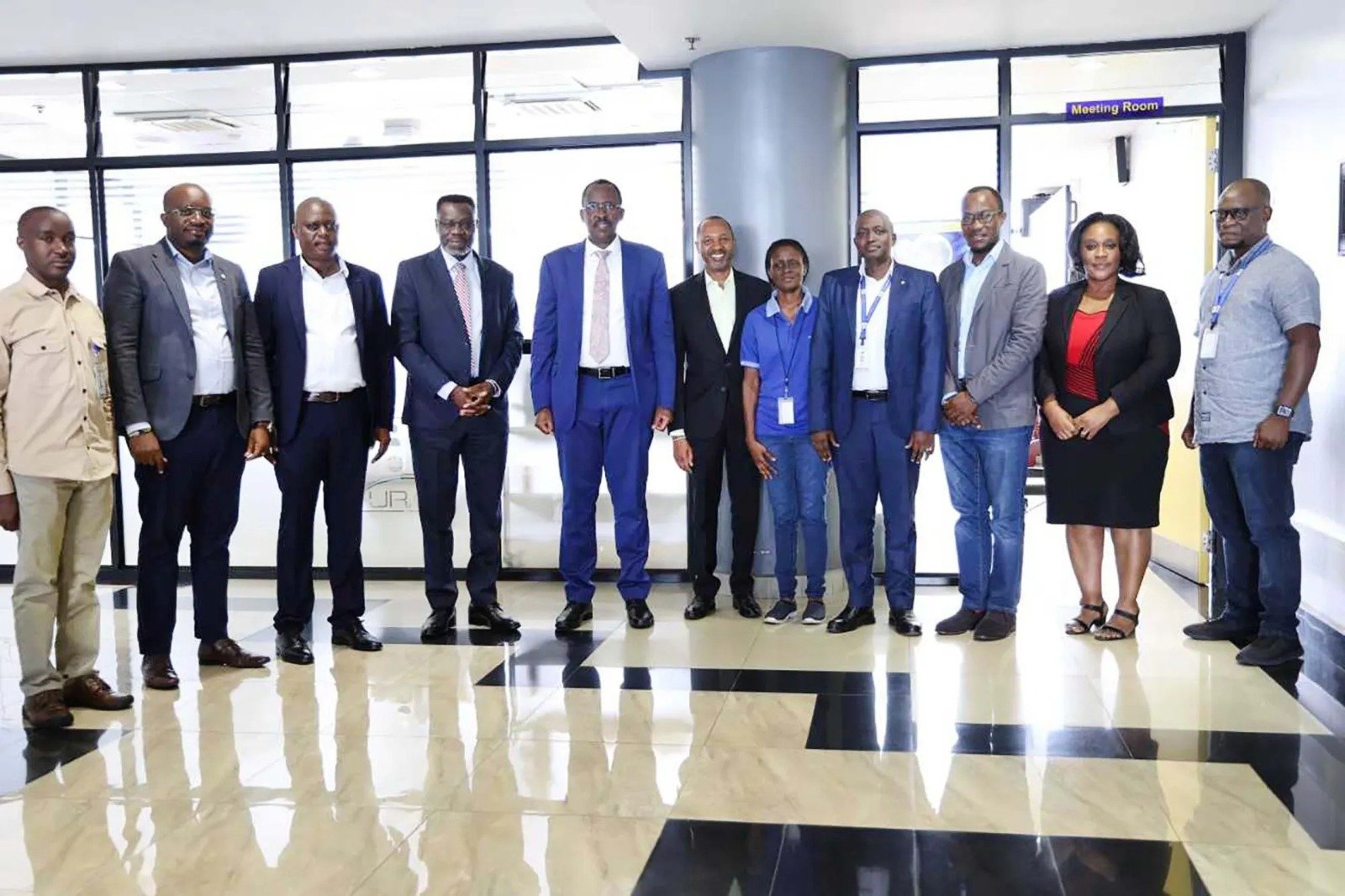Prime
Will disarmament offer a permanent solution rustling?

Henry Okidi Okoth
What you need to know:
- Basing on the above scenario, unlike a rebel group, the illegally armed armed Karimojong warriors are not interested in state power and have nothing to do with politics.
A story in Daily Monitor of June 3 reporting that 17 people were shot dead in two weeks in revenge cattle raids in Karamoja caught my attention. Of recent, the media has written a lot about the worsening security situation in Karamoja.
There was one of a daring raid at Lt Gen Andrew Gutti’s ancestral home in Napak District. The hope in pending fresh disarmament as a solution to the elusive security in those reports stands out for me.
The Karimojong were not born cattle raiders. The mass raiding was set in Karamoja as a result of trade in ivory with the Swahilis, Arabs, Persians, Greeks, and Abyssinians. The Karimojong exchanged ivory for beads until when the foreign traders resorted to raiding animals to close ivory deals.
“Once the trade had started it was inevitable that a tribe which found its traditional enemies armed with rifles was itself anxious to obtain arms. What started as a trade to obtain ivory soon became a trade to obtain guns” argued Barber J. P, a Colonial historian in a 1962 publication The Karamoja District of Uganda: A pastoral people under colonial rule.
The security situation in Karamoja improved after the disarmament programme started in 2001. People restocked animals; businesses revived and NGOs resumed operation. However, the relative peace was short-lived. A decade later, illegal guns re-emerged. This is a big threat to the livelihoods and survival of about 1.2m people. We should find answers to two tough questions. Why is insecurity in Karamoja not a priority to the government and how will routine disarmament bring sustainable peace in Karamoja?
Traditionally, the kraal elders officiated in both internal and external pastoral peace diplomatic issues. Today, they are sidelined. It is the army, police, NGOs/CSOs at the forefront handling complex pastoral conflicts. The elected leaders take well-calculated involvements because security as an agenda plays a pivotal factor during political campaigns in Karamoja.
We often stick to the official narrative that the current government has stabilized the country and that Ugandans are enjoying peace and stability they never imagined they could attain. As other parts of the country may enjoy relative peace, it remains a dream for Karamoja.
The armed Karimojong warriors have never been a big threat to the State. They were government allies during the Teso rebellion and in the war against the Lord’s Resistance Army. When the LRA rebels attacked Morulem dispensary in Abim in December 1998, the Karimojong warriors fought alongside the army and defeated the rebels. Many people of Bartanga/Loketo trading centre in Abim District can narrate how warriors were returned from the battlefields in armoured vehicles of the UPDF, chanting victory songs amidst jubilation and cheering from the villagers.
Basing on the above scenario, unlike a rebel group, the illegally armed armed Karimojong warriors are not interested in state power and have nothing to do with politics. The government will therefore attend to major threats like the ADF rebels or terrorists, and what president Museveni recently described as ‘pigs who do not value life” However, the Karamojong warriors will continue to kill people in Karamoja and those in the neighbouring districts to obtain cattle.
The pending fresh disarmament brings hope to the people in Karamoja and its neighbours but will not provide a permanent solution. The warriors will keep acquiring guns through the porous borders of Kenya and South Sudan. So long as the Turkana pastoralists of Kenya and counterparts in South Sudan like the Toposa remain armed, disarming the Karamojong is a temporary solution. This is a plain truth.
Henry Okidi Okoth is a social researcher with an interest in conflict, poverty, and marginalisation. @OkothhO




